When was the last time a new American vice president gave a truly memorable speech? The post has traditionally been regarded as being “not worth a bucket of warm spit.” But J.D. Vance is now changing all that, after two striking speeches in as many days. First, there were his comments in Paris on the European Union and AI. Then, on Friday, he shocked the Munich Security Conference, by lambasting Europe’s record on free speech.
Delegates arrived, thinking they would hear Vance address the key question of America’s involvement in European security, after a week of confused messaging by his cabinet colleague Pete Hesgeth. Instead, he delivered a double-barreled assault on various European governments — including that of Britain. Vance argued that the greatest threat facing the continent was not from Russia and China, but “from within.” The UK and other countries, he argued, have retreated from their values and ignored voter concerns on migration and free speech. He spoke in particular about a British man convicted for praying outside an abortion clinic in 2022.
Vance’s comments had quite the reaction, being met with silence in the hall and various denunciations thereafter. In Munich, it is the speech all the delegates have been talking about. Here in London, both the Times and the Mail have splashed on his comments. Vance will likely be a prominent topic of conversation among conservative intellectuals at the ARC conference, which begins Sunday. If Donald Trump is the commander-in-chief, then J.D. Vance is his intellectual equivalent, proselytizing, justifying and expounding his president’s actions in office.
But the vice president’s comments did not merely underline his own credentials as a political actor and thinker. They sent a clear message to Europe, signaling an end of the postwar consensus and an inversion of traditionally norms. For three generations, America has defended the continent’s borders, while being broadly content to leave internal politics to Europe’s own elites — particularly since the end of the Cold War. Yet now, the Trump government suggests it is less concerned about external security and intend to focus much more on changing Europe’s culture. Vance’s speech he intends to continue his pre-election campaigning into office
Much of his speech was clearly intended for domestic political consumption. “J.D. Vance destroyed the Munich Security Conference and all of Europe!” read one gleeful conservative commentator’s take on the vice president’s remarks. In Moscow, the Kremlin’s outriders signaled its delight. “Humiliated Europe out for the count. Its American master flogged its old vassals” enthused Komsomolskaya Pravda. But the most important reaction could be in Europe, many of whose leaders have spent the past twenty-four hours fulminating against Vance.
In Germany, there was outrage at the timing of the speech. With barely a week to go until federal elections, those in the CDU and SPD feel that Vance violated diplomatic norms by being invited to their country and then delivering a de facto campaign speech on behalf of the AfD. Many of those on the European right believe it will benefit them to be associated with the Trump White House and its intellectual headwinds. After his speech, Vance met with the AfD’s Alice Weidel, having declined a meeting with Olaf Scholz. In the UK, Reform’s Rupert Lowe declared Vance is a “real hero.” Some in Trumpworld harbor hopes the president will bolster kindred spirits and sister parties abroad.
But there are risks to Americans becoming involved in the domestic politics of foreign countries. Just look to Canada, where the inauguration of Donald Trump and the threat of tariffs upturned the domestic situation there almost overnight. Prior to January, the Conservatives had led in every poll for almost two years and were typically boasting twenty-point margins. Yet since then, the Liberals have surged — with one Leger poll this week showing a virtual dead-heat.
The ripple-effects of Vance’s address will take time to establish. It remains far from clear what fills the void if America vacates its security commitments. But it is obvious that this is a White House which intends to be bullish about diplomatic norms and distinguishes little between the culture wars of America and those of Europe. The supposed distinction between “online” and “offline” are dead; Keir Starmer and his cabinet better take note.



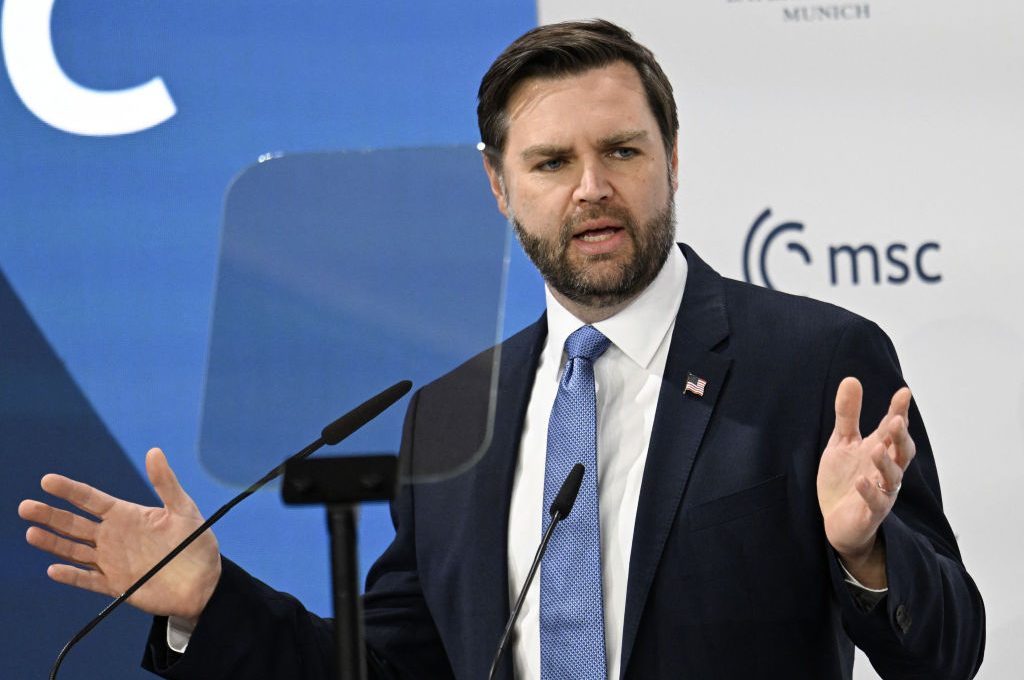








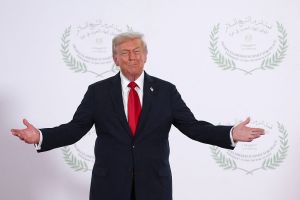

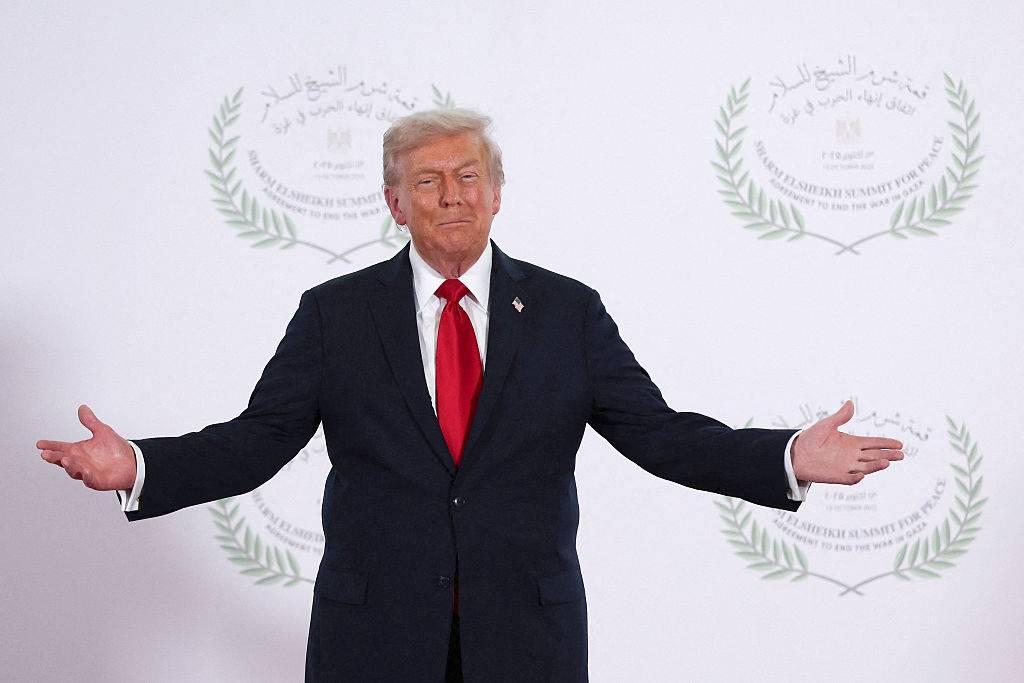
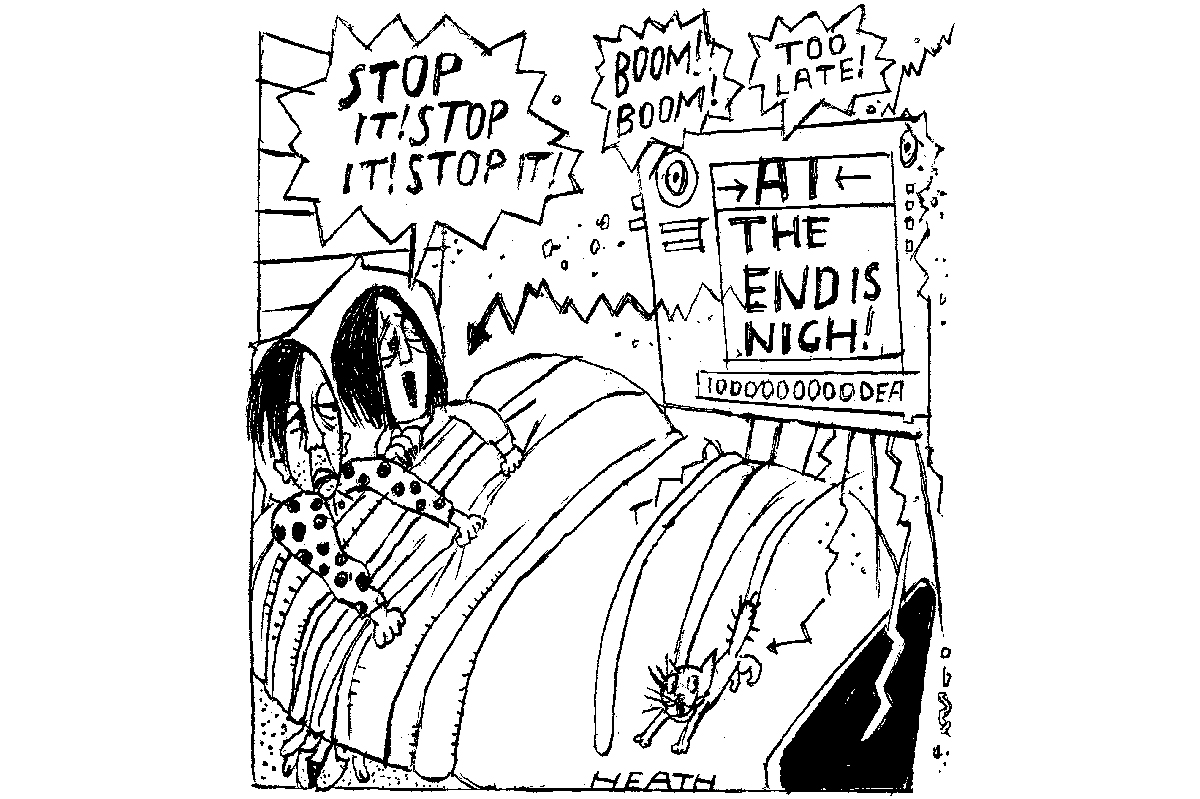
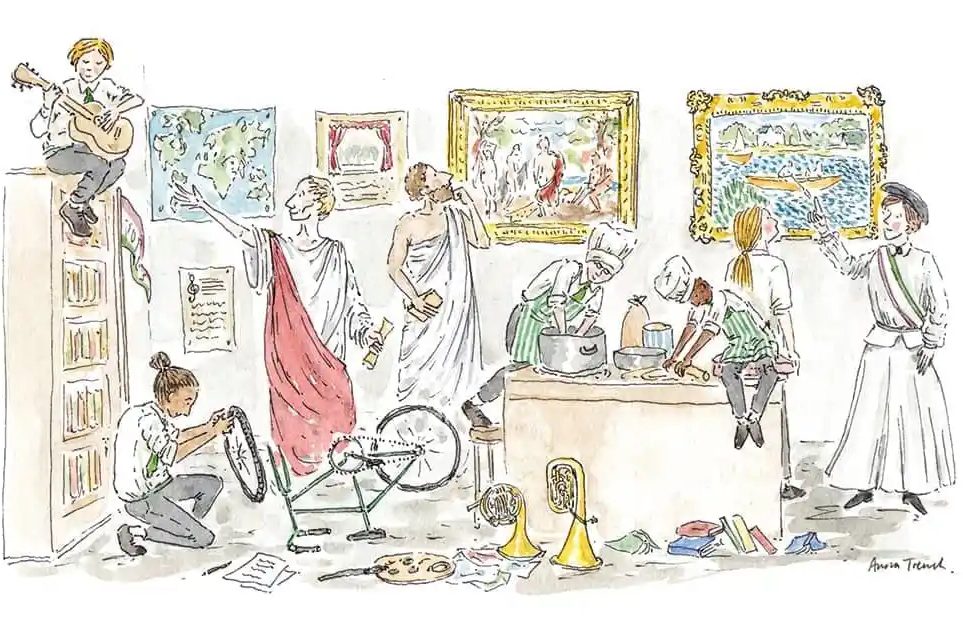









Leave a Reply